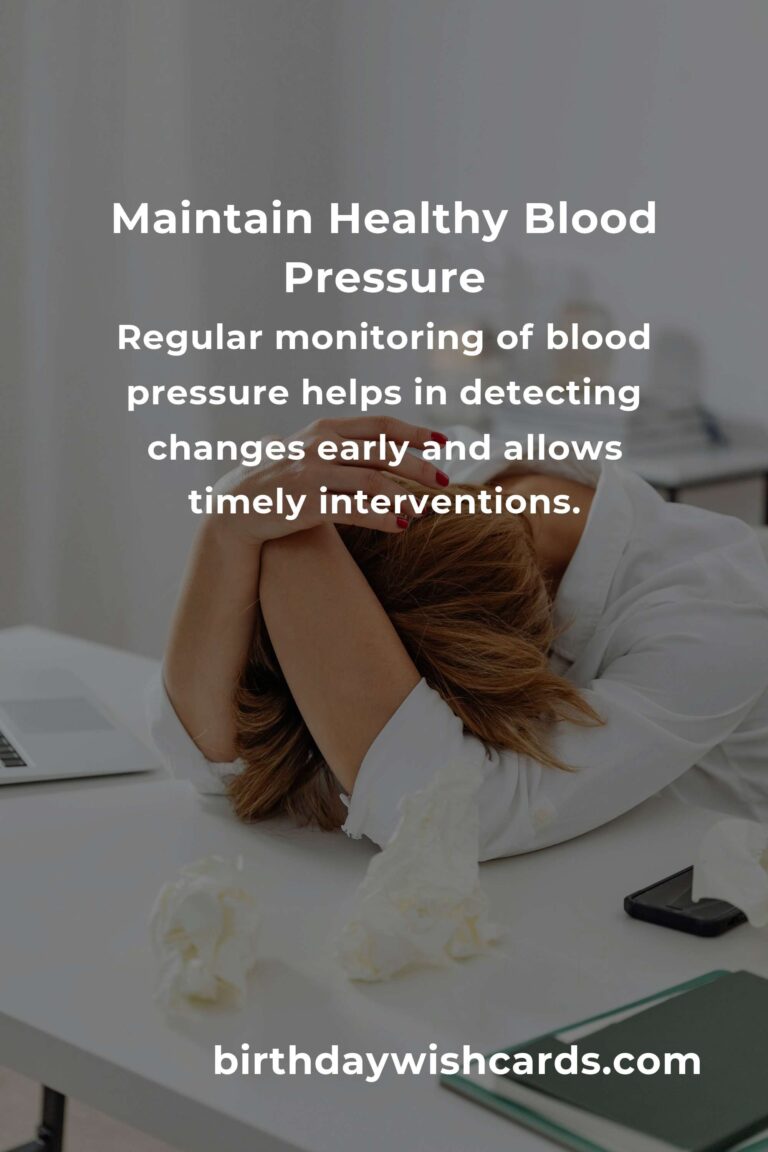
As we age, maintaining a healthy blood pressure becomes increasingly important. For those in their 60s, it’s crucial to adopt lifestyle changes that support cardiovascular health. High blood pressure is a common issue that can lead to serious health complications if not managed properly. Here are seven effective tips to help you maintain better blood pressure as you navigate your 60s.
1. Adopt a Heart-Healthy Diet
A balanced diet is a cornerstone of good health at any age, but it’s particularly important for controlling blood pressure. Focus on eating plenty of fruits, vegetables, whole grains, and lean proteins. The DASH diet (Dietary Approaches to Stop Hypertension) is particularly beneficial for those looking to lower blood pressure. This diet emphasizes the reduction of sodium intake and the consumption of nutrient-rich foods.
2. Maintain a Healthy Weight
Carrying excess weight can increase the strain on your heart and elevate your blood pressure. Losing even a modest amount of weight can help reduce blood pressure levels. Aim for a gradual and sustainable weight loss by incorporating regular physical activity and dietary changes.
3. Exercise Regularly
Physical activity is vital for maintaining healthy blood pressure. Engage in moderate aerobic exercises like walking, swimming, or cycling for at least 150 minutes per week. Regular exercise helps strengthen the heart, enabling it to pump more efficiently, which can lower blood pressure.
4. Limit Alcohol Consumption
While moderate alcohol consumption might have some health benefits, excessive drinking can lead to increased blood pressure. Limit your intake to no more than one drink per day for women and two drinks per day for men. Always consult your doctor about what amount is safe for you.
5. Quit Smoking
Smoking is a major risk factor for developing high blood pressure and other heart diseases. Quitting smoking can improve your overall heart health and significantly lower your blood pressure. Seek support from healthcare providers or cessation programs to help you quit successfully.
6. Manage Stress Effectively
Chronic stress can contribute to elevated blood pressure levels. Practice stress-reducing techniques such as meditation, yoga, or deep breathing exercises. These activities can help calm your mind and lower your stress levels, positively impacting your blood pressure.
7. Monitor Your Blood Pressure Regularly
Keeping track of your blood pressure is crucial in managing it effectively. Regular monitoring can help detect any changes early on and allow for timely interventions. Home blood pressure monitors are widely available and can help you keep track of your readings between doctor’s visits.
In conclusion, taking proactive steps in your 60s to maintain healthy blood pressure can greatly enhance your quality of life and reduce the risk of serious health issues. By incorporating these tips into your daily routine, you can support your cardiovascular health and enjoy a more active and fulfilling life.
A balanced diet is crucial for controlling blood pressure, especially in your 60s.
Regular exercise strengthens the heart and can lower blood pressure.
Limiting alcohol consumption and quitting smoking can significantly improve blood pressure levels.
Managing stress effectively through relaxation techniques can positively impact blood pressure.
Regular monitoring of blood pressure helps in detecting changes early and allows timely interventions.
#BloodPressure #HealthyAging #HeartHealth #Wellness #SeniorHealth













